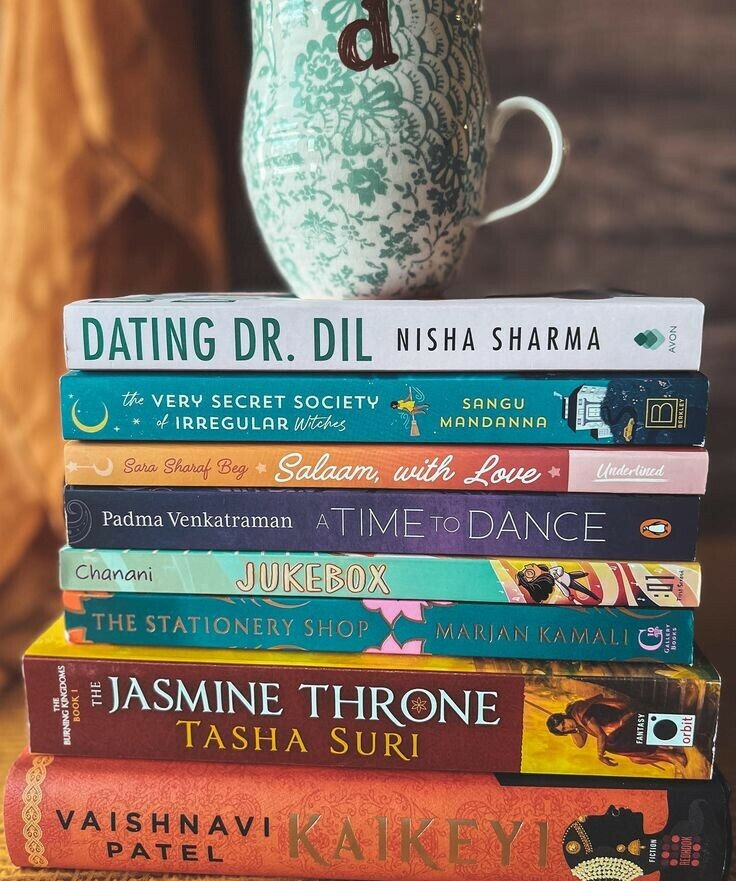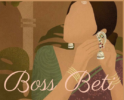10. South Asian Women In Literature And Writing

Penning Power: South Asian Women in Literature and Writing
Imagine opening a book and being transported to vibrant markets, lush landscapes, and intricate cultural tapestries. Welcome to the world of South Asian women in literature and writing, where stories are not just told but lived.
The Pioneers and Their Legacy
Kamala Das: Picture a bold, fearless voice that challenged societal norms with unapologetic honesty. Kamala Das, often hailed as the mother of modern Indian English poetry, used her words to explore themes of love, sexuality, and identity. Her autobiographical work, “My Story,” is a poignant testament to her revolutionary spirit.
Ismat Chughtai: Imagine a pen that could slice through the fabric of conservative society with wit and sharpness. Ismat Chughtai, a formidable Urdu writer, used her stories to spotlight the lives of women and the hypocrisy of patriarchal structures. Her short story “Lihaaf” (The Quilt) remains a powerful narrative on female desire and agency.
Contemporary Voices Making Waves
Arundhati Roy: Envision a storyteller whose debut novel created ripples across the literary world. Arundhati Roy’s “The God of Small Things” won the Booker Prize and captured the essence of Kerala’s backwaters and its complex human relationships. Her work is a lyrical exploration of forbidden love, societal norms, and the small, yet significant, moments that shape our lives.
Jhumpa Lahiri: Think of prose so elegant and evocative that it paints a vivid picture of the immigrant experience. Jhumpa Lahiri, with her Pulitzer Prize-winning collection “Interpreter of Maladies,” delves into the lives of Indian-Americans, grappling with identity, displacement, and cultural heritage. Her writing is a bridge between worlds, connecting hearts and minds.
Kamila Shamsie: Picture narratives that traverse history and modernity with grace and depth. Kamila Shamsie, a Pakistani novelist, crafts stories that are as politically charged as they are emotionally resonant. Her novel “Home Fire,” which reimagines Sophocles’ “Antigone” in a contemporary setting, earned her the Women’s Prize for Fiction, showcasing her prowess in blending the personal with the political.
Emerging Stars Shaping the Future
Fatimah Asghar: Imagine poetry that is raw, powerful, and unflinchingly honest. Fatimah Asghar, a poet and screenwriter of Pakistani-Kashmiri descent, is making waves with her collection “If They Come for Us.” Her work explores themes of identity, diaspora, and resilience, giving voice to experiences that are often marginalized.
Nayomi Munaweera: Think of stories that are rich with cultural nuances and emotional intensity. Nayomi Munaweera’s debut novel “Island of a Thousand Mirrors” offers a profound look at Sri Lanka’s civil war through the eyes of two women. Her writing is a haunting and beautiful exploration of love, loss, and the search for belonging.
The Role of Literature in Cultural Dialogue
In the hands of South Asian women, literature becomes a powerful tool for cultural dialogue. These writers use their craft to challenge stereotypes, explore complex identities, and create spaces for diverse voices. Their stories are not confined by borders; they resonate universally, offering insights into the human condition.
Creating Community Through Words
These authors are not just solitary figures; they are part of a vibrant community of writers who support and uplift each other. Festivals like the Jaipur Literature Festival and platforms like The Missing Slate provide opportunities for these voices to be heard and celebrated. This sense of community fosters creativity and amplifies the impact of their work.
So, the next time you pick up a book, remember the incredible South Asian women who are redefining literature with their powerful narratives. Through their words, they invite us into their worlds, challenge our perspectives, and remind us of the unifying power of storytelling. Each page turned is a step into a richer, more diverse literary landscape, thanks to these remarkable women.
